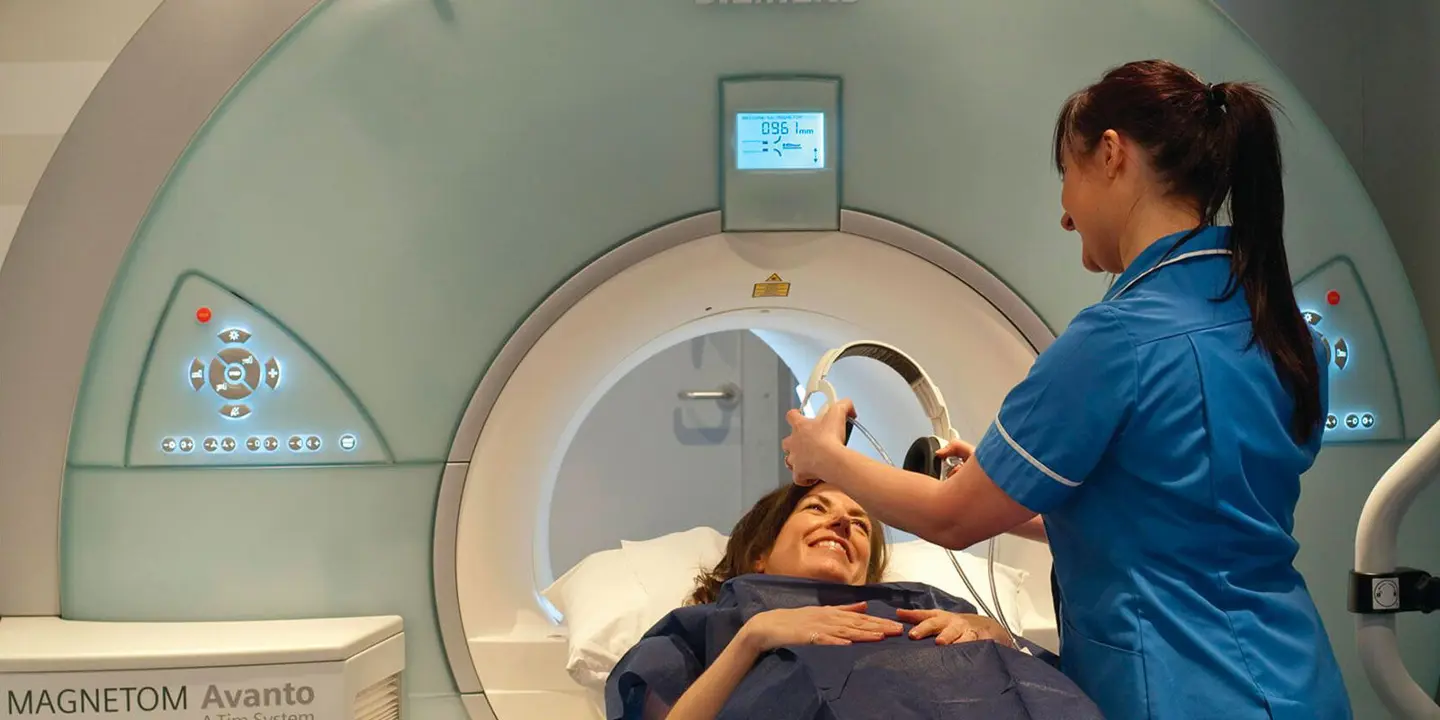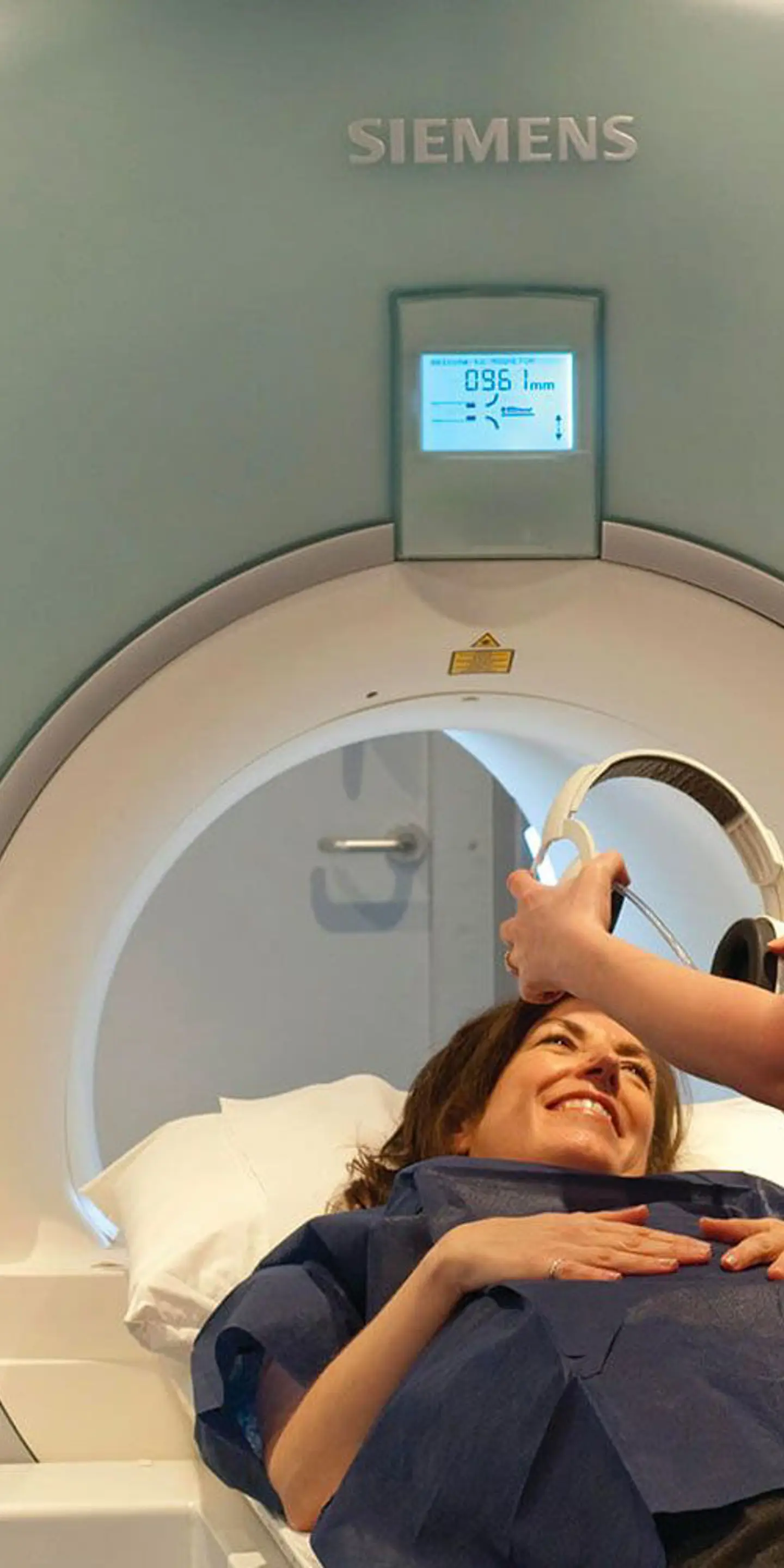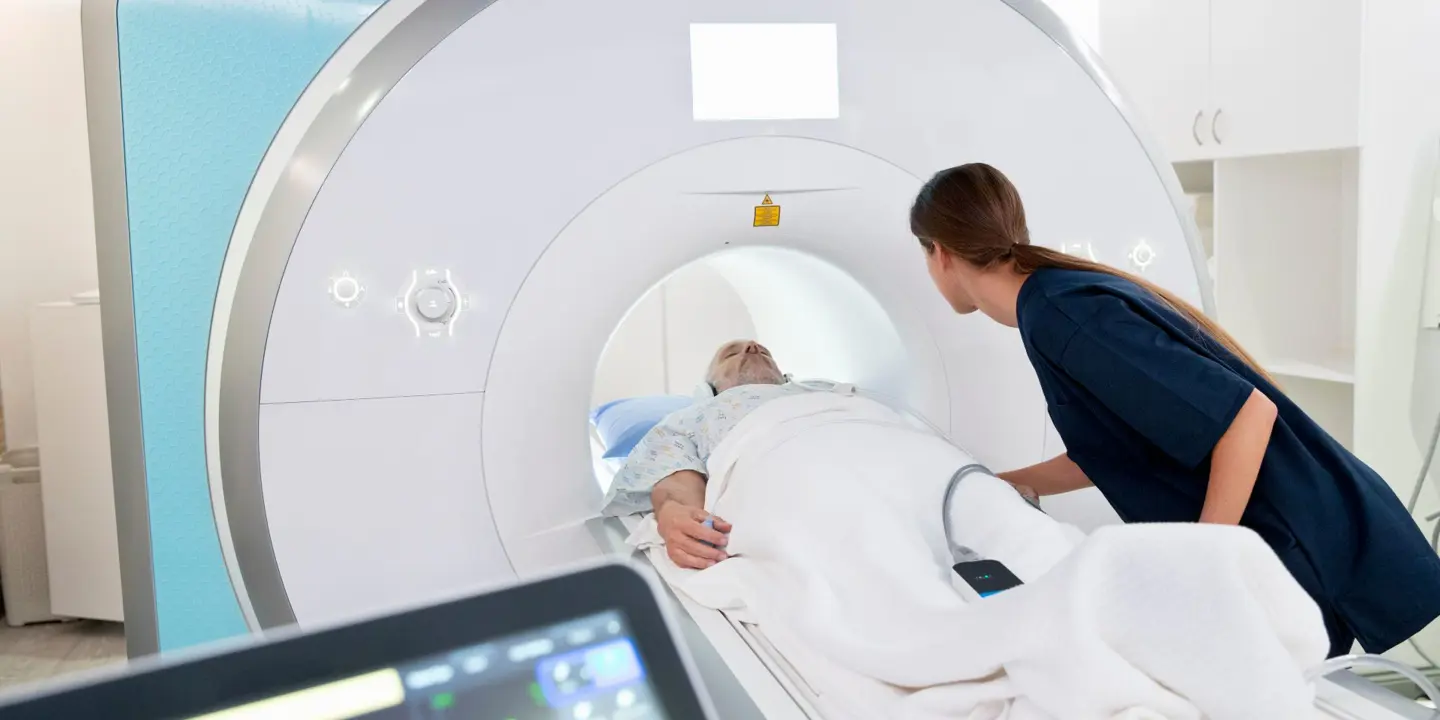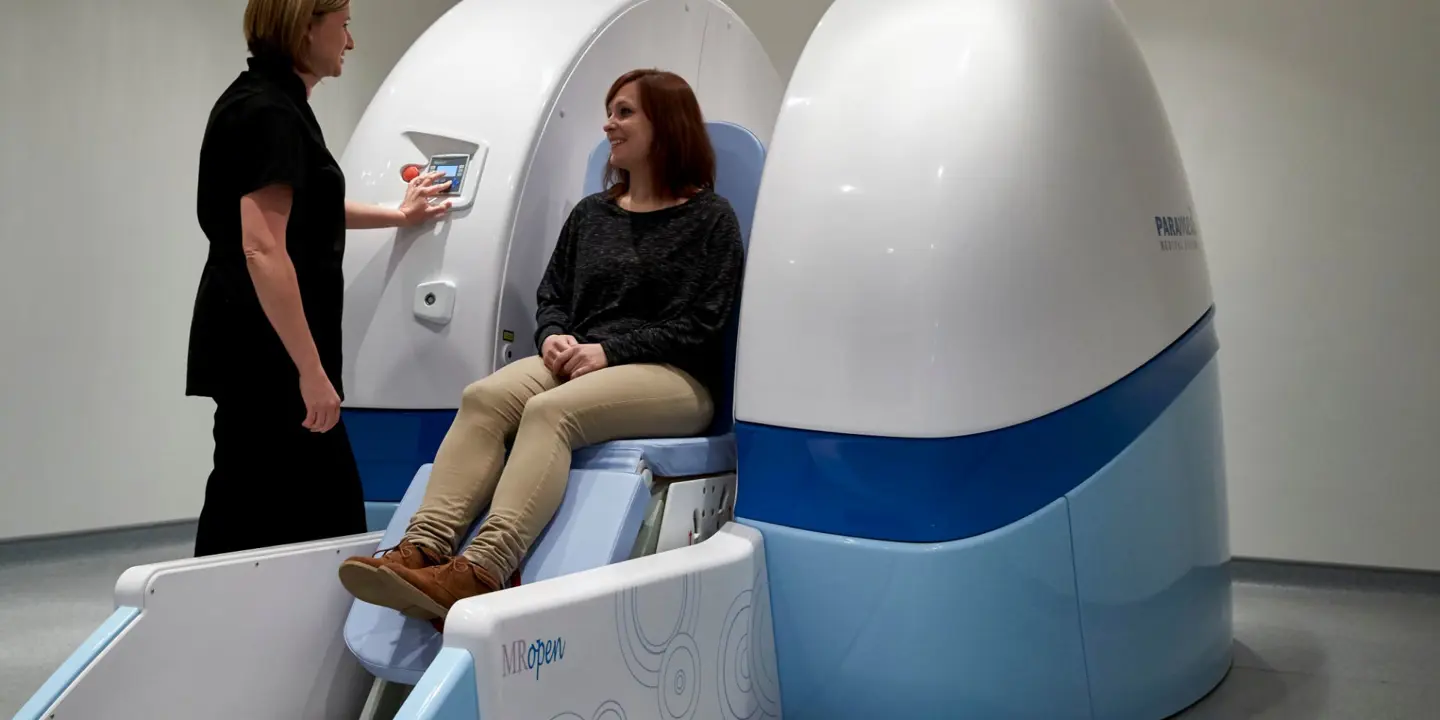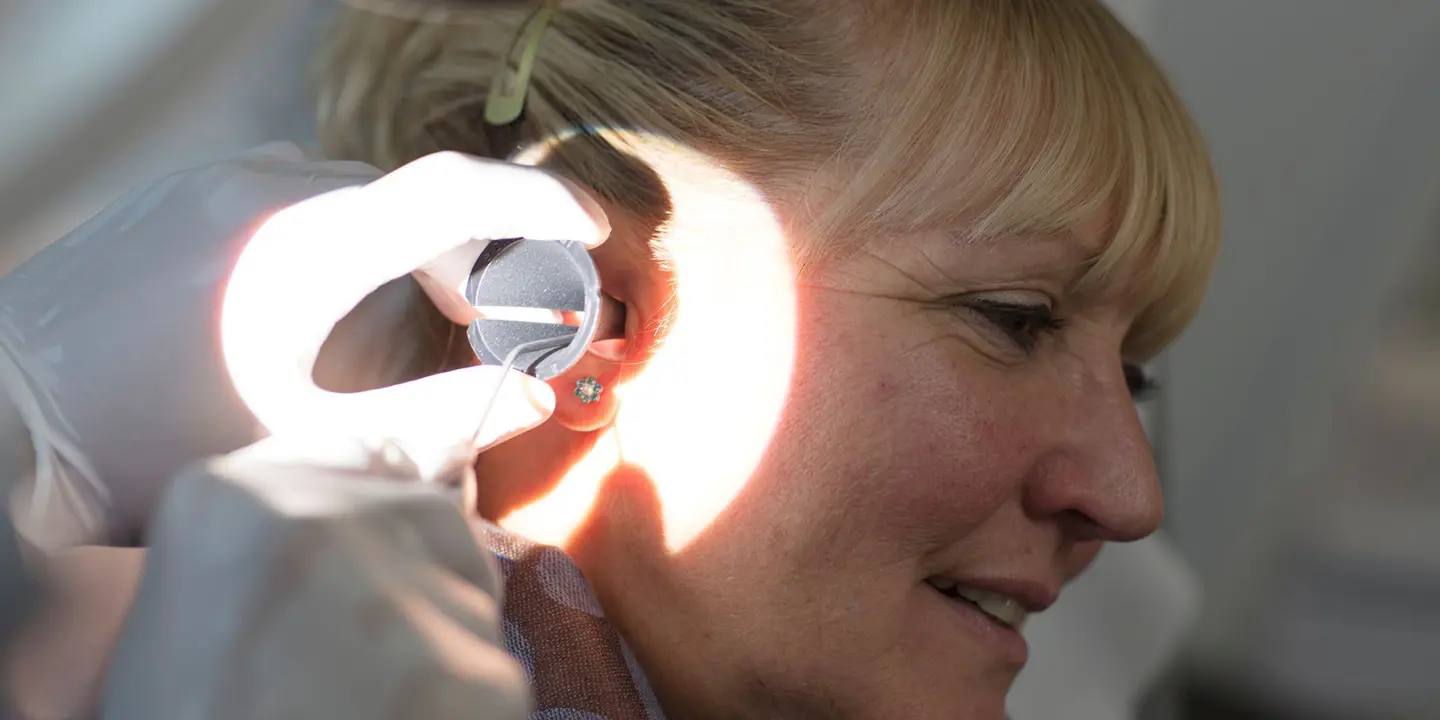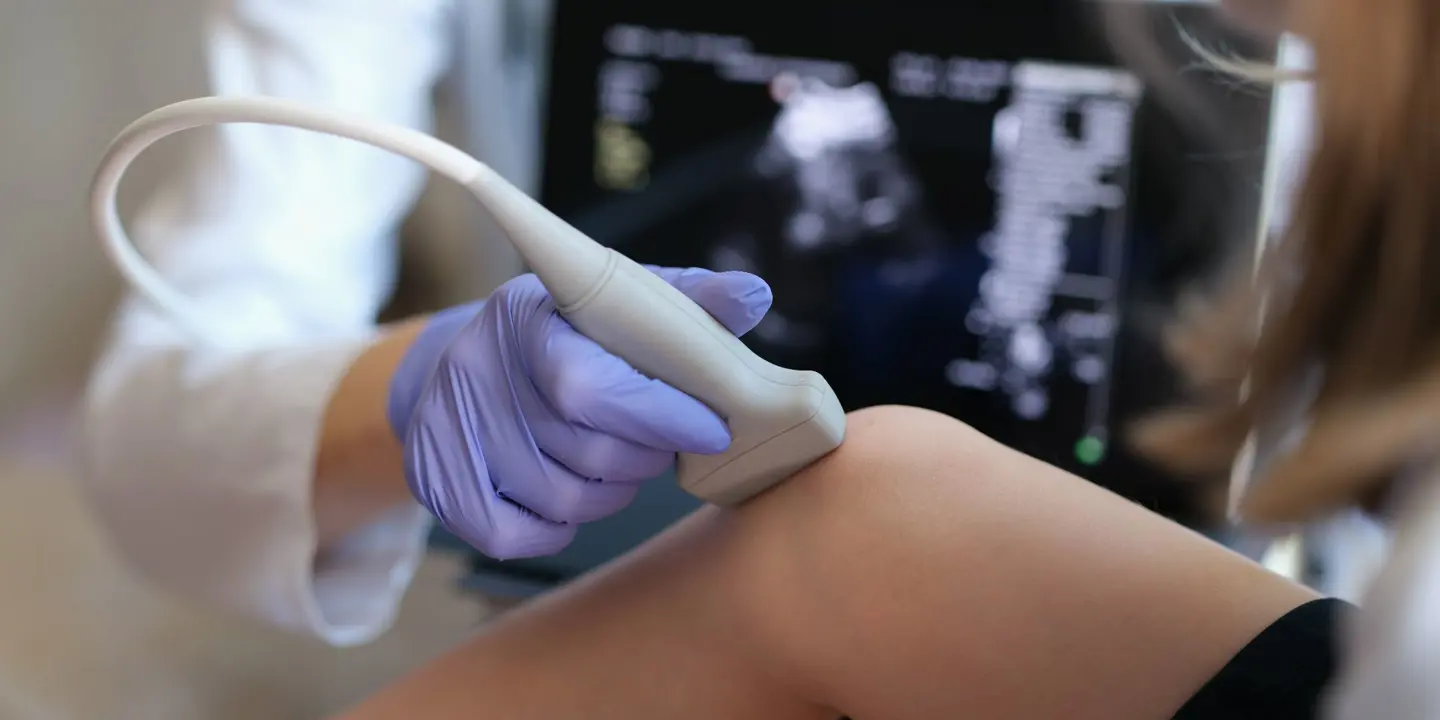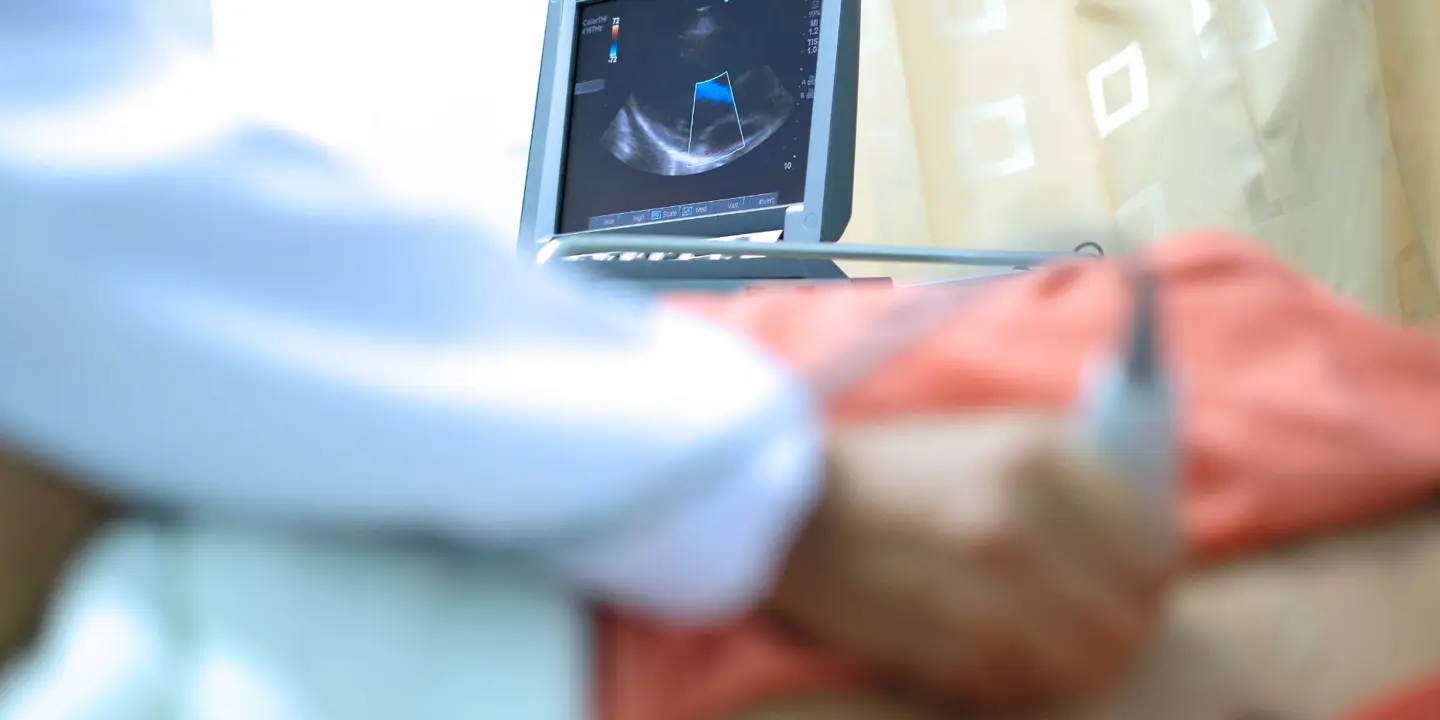When your doctor needs deeper information about your body’s condition, they may recommend getting an MRI scan. MRI stands for “magnetic resonance imaging” and it helps your doctor see your bones, tissues, and organs clearly without the need for surgery.
An MRI scan is often done if CT scan or x-ray images don't produce the details that can help your doctor diagnose your condition or come up with a treatment strategy. Learn all about how an MRI machine works and how you should prepare for an MRI scan.
The Science of MRI
During a magnetic resonance imaging scan, you’ll be asked to lie on a flat surface that’s slid into a scanner. You may lie head first or feet first, depending on which part of your body your doctor wants to see. Once you’re in, the radiologist will leave the room and run the scan.
The scanner will create strong magnetic fields and radio waves. The protons in your body line up as they’re attracted by the scanner’s strong magnets. Bursts of radio waves are then sent to parts of your body to disrupt the protons’ alignment.
The radio waves are then turned off and the protons realign again. This creates radio signals that are collected by the machine’s receivers. The computer then processes these signals to create highly detailed images of your organs, bones, and tissues. This whole process can last from 15 to 90 minutes. It may sound horrendous but it’s painless, so you don’t have to worry about feeling any physical discomfort throughout the scan. The images are reviewed by your GP to see if there are any possible irregularities.
How to Prepare for Your MRI Scan
An MRI scan is a complex and precise procedure. It’s best to prepare for it if you want to get clear results. Here are guidelines to follow before you visit the nearest clinic for a scan.
-
What to Eat or Drink - You can drink, eat, and take medication on the day of your private MRI scan. There are special cases, however, that you may have to hold off on consuming anything for up to four hours before the procedure. Some doctors may ask you to drink lots of water, depending on the part of your body that needs to be scanned.
-
Remove Your Metal Accessories - As discussed earlier, the machine creates strong magnetic fields. Metal accessories and items like belts, watches, piercings, or even loose change may interfere with its ability to create a clear image. It’s best to take them off and put them in a secure locker before going into the machine. If you have metal implants like a pacemaker, metal rods (to fix fractures), artificial joints, dental fillings, drug pump implants, and more, let your doctor know. They will determine if those devices have a significant effect on your scan.
-
Disclose Other Medical Conditions - If you have claustrophobia or fear of enclosed spaces, you may not be comfortable going into the machine so an open or upright MRI may more suitable. Either way, our doctors may prescribe breathing exercises or oral medication to calm you down during the procedure. Pregnancy should also be disclosed, as there isn’t any conclusive evidence about the effects of strong magnetic fields on a developing baby yet.
What to Expect during and after the MRI Scan
You are asked to lie on a motorised bed for the procedure to begin. The bed moves inside the scanner (a large cylindrical tube that has openings on both ends). In some cases a frame containing receivers may be placed over the specific part of the body being scanned.
The radiographer then operates the computer from a separate room. The reason behind this is to prevent the magnetic field of the scanner from interfering with the computer. You can speak with the operator through an intercom system.
Apart from removing metallic objects from your person, it is critical that you stay still or you keep the particular body part being scanned still during the entire procedure in order for the MRI to create better quality images. You may even be asked to hold your breath during short scans.
Depending on the area being scanned, the procedure may take anywhere between 15 and 90 minutes. During this time, you may hear loud tapping noises coming from the scanner. You are usually given the option to listen to music while undergoing a scan.
An MRI scan is typically an outpatient procedure which means you will not need to spend the night at hospital. If you decide to take a sedative, driving or operating heavy machinery is not advised for the next 24 hours. Otherwise, you can resume normal activities.
The results of your scan may take some time because they need to be analysed by a radiologist. Once done, they will send a report to the doctor who arranged for your scan.
Get an accurate yet affordable MRI Scan with Vista Health
If you’re looking for a precise MRI scan for a great price, visit over 30 locations in London and across the UK. All are fully equipped and staffed to guide you through your MRI journey.
We can offer priority MRI scans within 7 days for £365, and from £249 at other times, depending on the area of the body that needs to be examined. Results are sent to your general practitioner within three working days.
Fill out our form today to enquire about an MRI scan, or you can refer yourself and even book your own appointment online, we call it Book & Go.


